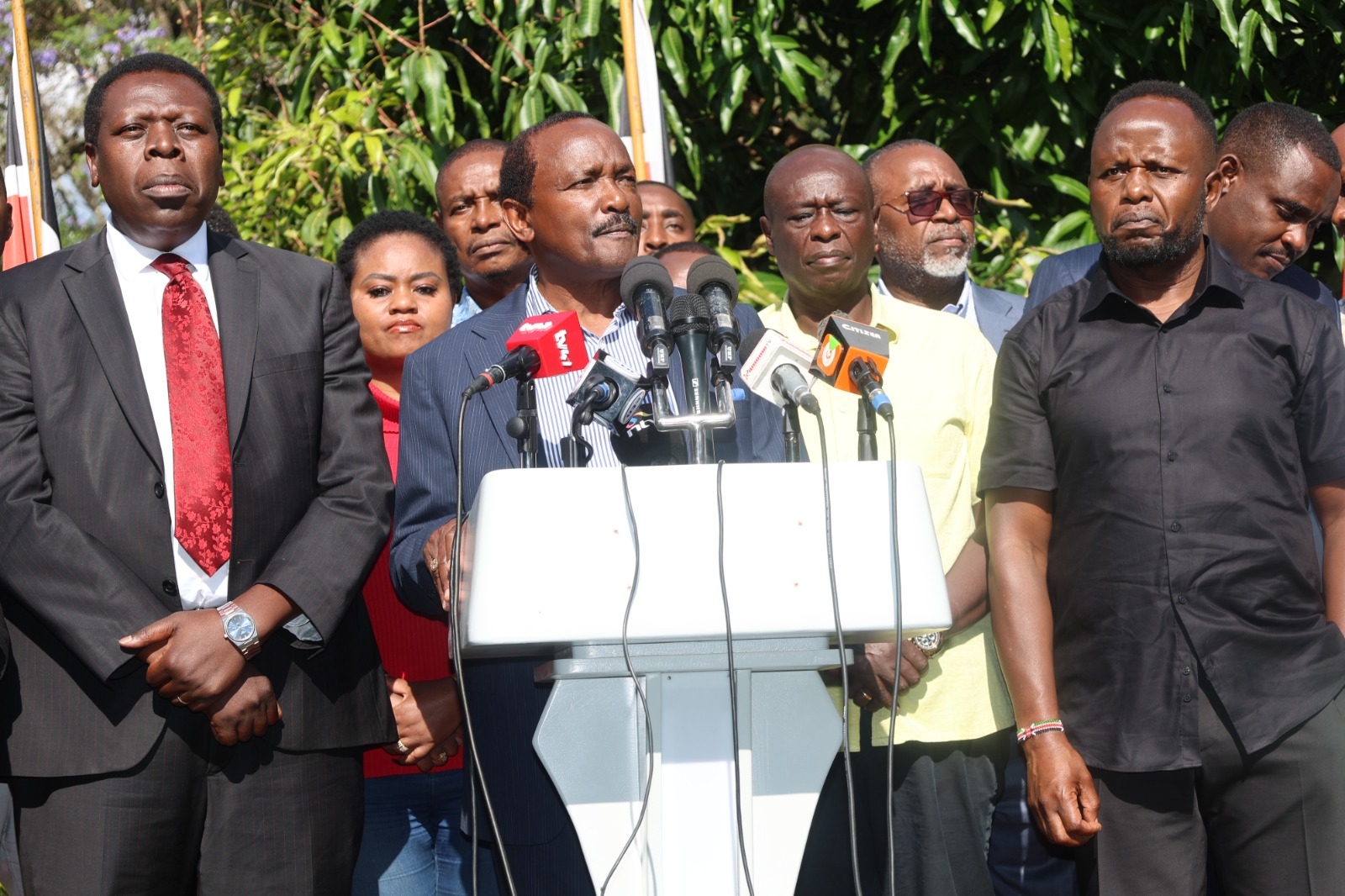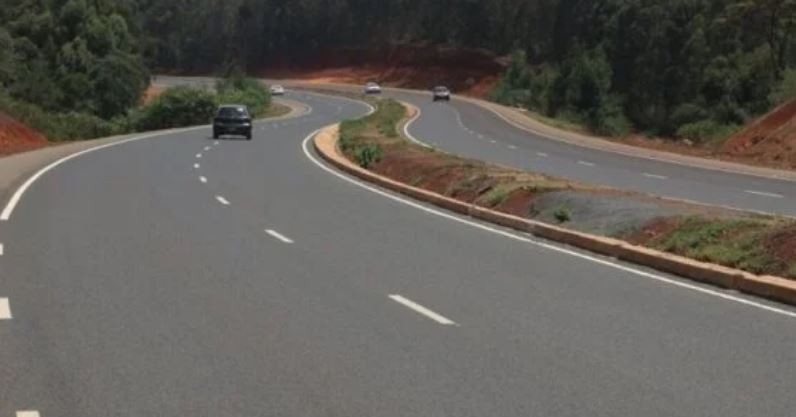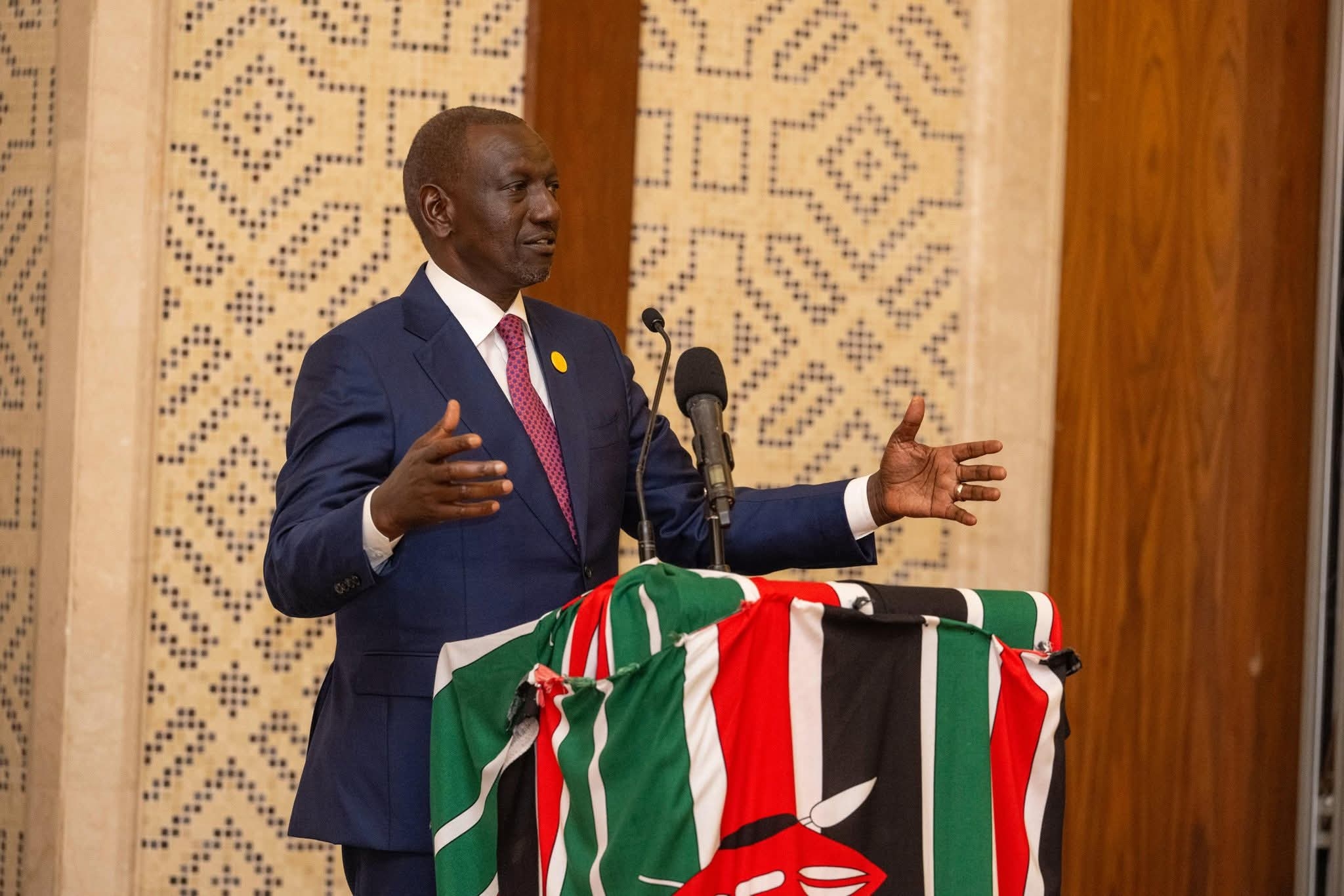Schoolgirls in the Horn of Africa are being pushed into early marriage due to the ravaging drought, the United Nations has warned.
The United Nations International Children's Emergency Fund says girls as young as 12 are being forced into marriage and female genital mutilation at alarming rates.
The severe drought is blamed for the rising trend, which has increased the number of those in need of food aid.
The number of children at risk of dropping out of school in Ethiopia, Kenya, and Somalia due to the impact of drought has tripled in three months from 1.1. million to an estimated 3.3 million children.
This has left many adolescent girls in greater danger of FGM and early marriages.
Last week Unicef’s regional Child Protection Advisor for Eastern and Southern Africa Andy Brooks said they are seeing alarming rates of child marriage and FGM across the Horn of Africa.
“Some destitute families are arranging to marry off girls as young as twelve to men of more than five times their age,” she said.
Unicef’s analysis of available government data and humanitarian assessments found that in Kenya, girls are facing more significant risks of child marriage and FGM due to drought.
Fourteen of the 23 counties affected by drought are already FGM hotspots, with prevalence rates up to 98 per cent.
There are also reports of girls living in border regions being taken to neighboring countries to undergo FGM, or being married to older men in the countries where FGM rates may be higher.
Child marriages increased by an average of 119 per cent across regions worst hit by drought in Ethiopia between January and April 2021 and the same period in 2022.
A decrease in cash dowries, food and livestock due to drought, has forced families to consider marrying off even more girls.
The crisis is also driving people from their homes, including community and social workers who were supporting families, to protect girls from child marriage and FGM.
Women and girls in drought-affected areas have to walk long distances to access water and other basic resources, leaving them vulnerable to sexual violence.
A Kenya Red Cross analysis shows women and girls in Kenya are trekking more than three times farther, for up to 30km in some locations.
Across the Horn of Africa, families are facing desperate choices to survive as drought driven by climate change, dries up water sources and kills livestock.
The effects of the war in Ukraine have also worsened food and fuel prices.
However, data on child marriage and FGM is limited, due to a lack of reporting and services in the region.
Unicef has called for a scale-up in access to child protection and gender-based violence services including mobile teams, to reach the most vulnerable.
In Kenya, the 2011 Prohibition of FGM Act and the 2013 Marriage Act are some of the interventions by the government to eradicate the outlived vices.
(Edited by Bilha Makokha)
“WATCH: The latest videos from the Star”


















